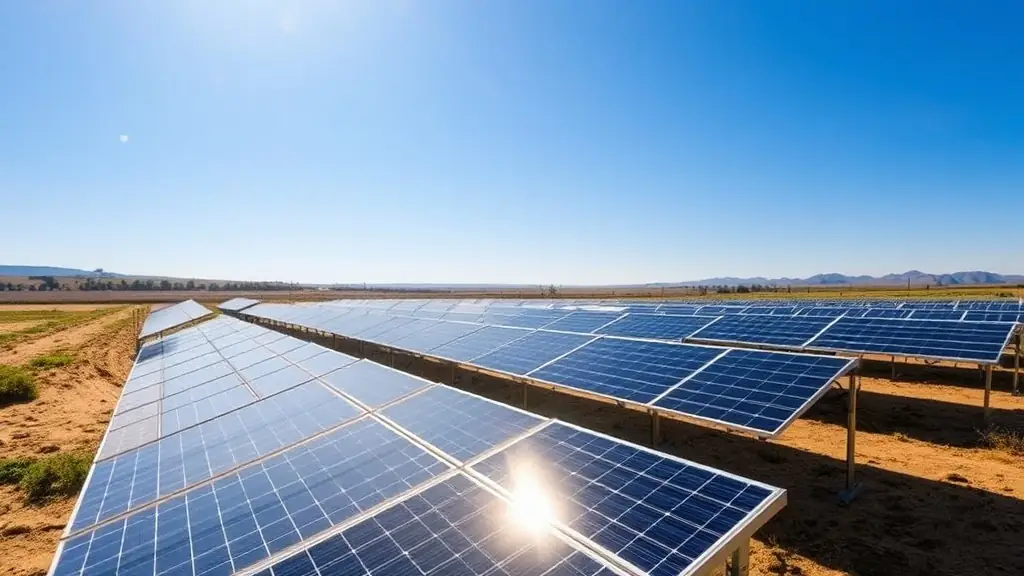Renewable energy plays a crucial role in addressing climate change by providing sustainable alternatives to fossil fuels. Sources such as solar, wind, and hydroelectric power generate energy without emitting greenhouse gases, which are the primary drivers of global warming. Transitioning to renewable energy not only helps mitigate climate change but also promotes energy independence and security. As technology advances, the cost of renewable energy continues to decrease, making it a viable option for many communities.
Investing in renewable energy infrastructure can create jobs and stimulate economic growth. By shifting towards a green economy, we can foster innovation and create new opportunities in the energy sector. Additionally, renewable energy projects often have a lower environmental impact compared to traditional energy sources, preserving natural habitats and reducing pollution. This transition is essential for building a sustainable future for generations to come.
As individuals, we can support the shift to renewable energy by advocating for policies that promote clean energy initiatives. Choosing renewable energy providers, installing solar panels, or participating in community energy projects are all ways to contribute. By collectively pushing for a transition to renewable energy, we can combat climate change and create a healthier planet for all.

